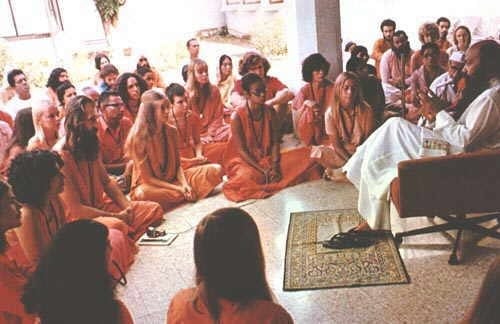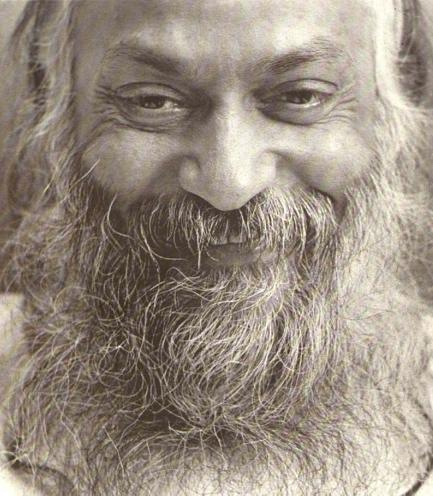THE SIKH TIMES
sikhtimes.com
Noteworthy News and Analysis from Around the World
In-Depth Coverage of Issues Concerning the Global Sikh Community Including Self-Determination, Democracy, Human Rights, Civil Liberties, Antiracism, Religion, and South Asian Geopolitics
Home | News Analysis Archive | Biographies | Book Reviews | Events | Photos | Links | About Us | Contact Us

